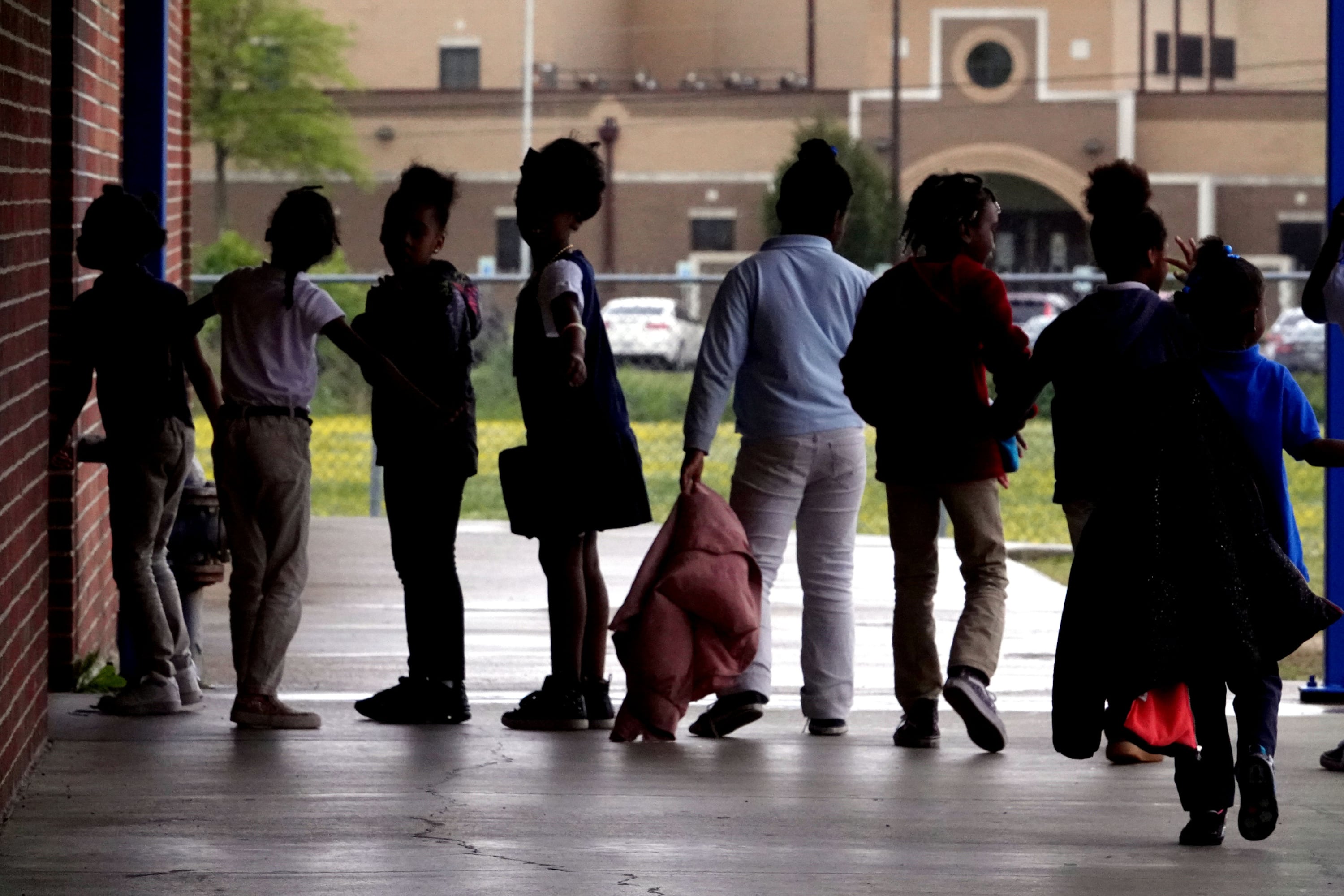Nearly 2,200 families completed forms by this week’s deadline to indicate interest in participating in Tennessee’s private school voucher program in Memphis and Nashville.
But it’s uncertain how many of the 2,185 families and 84 schools will qualify as the state education department works to roll out the program with less than two weeks until the start of a new school year.
Last Friday, attorneys for local governments in Nashville and Shelby County filed a motion calling the launch “rushed” and “haphazard,” and asked judges to block the start of Gov. Bill Lee’s education savings account program for a second time while they challenge the constitutionality of the state’s 2019 voucher law in court.
A three-judge panel will hear their request and a similar motion from attorneys representing parents in a second lawsuit against the state. The Aug. 5 hearing in Davidson County Chancery Court will come just three days before public schools reopen in Memphis and Nashville.
The two lawsuits cite provisions in the state constitution that guarantee equal protection under the law. They argue that while the state is obligated to maintain a system that provides for substantially equal educational opportunities for its residents, vouchers would create unequal systems by targeting two counties and diverting funds from their public school systems to private and home schools.
Recent filings by their attorneys also blast the state for working to roll out the program in a matter of weeks. One motion cited statements in court by state officials in the spring of 2020 saying that preparations needed to happen in mid-February to early March to enroll students for the following fall.
Officials with the education department declined to comment Tuesday on the litigation, while a spokeswoman for the state attorney general’s office did not respond to a request for comment.
The expedited timeline was set in motion in May when the Tennessee Supreme Court upheld the state’s 2019 voucher law. Then, on July 13, a judicial panel lifted a 2-year-old order that blocked the program’s original launch in 2020. That same day, the governor announced plans to resume work immediately to start the program with the upcoming school year.
Within a week, the Tennessee Department of Education had relaunched its education savings account website and invited interested participants to complete single-page forms online between July 19-25. On Tuesday, spokesman Brian Blackley provided the results and emphasized that none of those forms had been vetted.
The next step is for interested parties to submit longer, more detailed applications so the department can determine eligibility — a process that will take up to 21 business days. However, online applications are not yet available, and Blackley said more information about those forms will be shared “in the coming days.”
This year’s accelerated timeline means approved students would start classes in public schools on Aug. 8 before transitioning later to a private education. Families also must still get separate applications approved from state-approved private schools that have seats available as the school year begins.
It’s uncertain how many of the interested families and schools want to participate immediately, at the middle of the school year, or at the beginning of the 2023-24 school year. The state listed all three as options on its first round of forms.
“We are working to process the forms at this time and will be able to share additional details in the coming days,” Blackley said.
By law, the program is capped at 5,000 students in its first year, and enrollees will receive approximately $8,192 in taxpayer money to attend private schools.
According to online information provided by the department, applications will be processed in the order they are received. Families that did not complete an interest form may still apply, Blackley added.
In May 2020, when Nashville Chancellor Anne C. Martin overturned the voucher law because it applied only to two cities without their say, 52 private schools had been approved to participate, and about 300 applications from families appeared to be on track for approval. At the time, state officials said they expected about 500 students would participate in the first year, with plans to expand the program eventually to 15,000 students.
As the governor spoke to private school leaders in Memphis last week, he said he was encouraged by the response so far this year on a faster timeline.
Education Commissioner Penny Schwinn has said her department will manage the program internally this school year, then plan to use an outside vendor in the 2023-24 school year.
Marta W. Aldrich is a senior correspondent who covers the statehouse for Chalkbeat Tennessee. Contact her at maldrich@chalkbeat.org.








